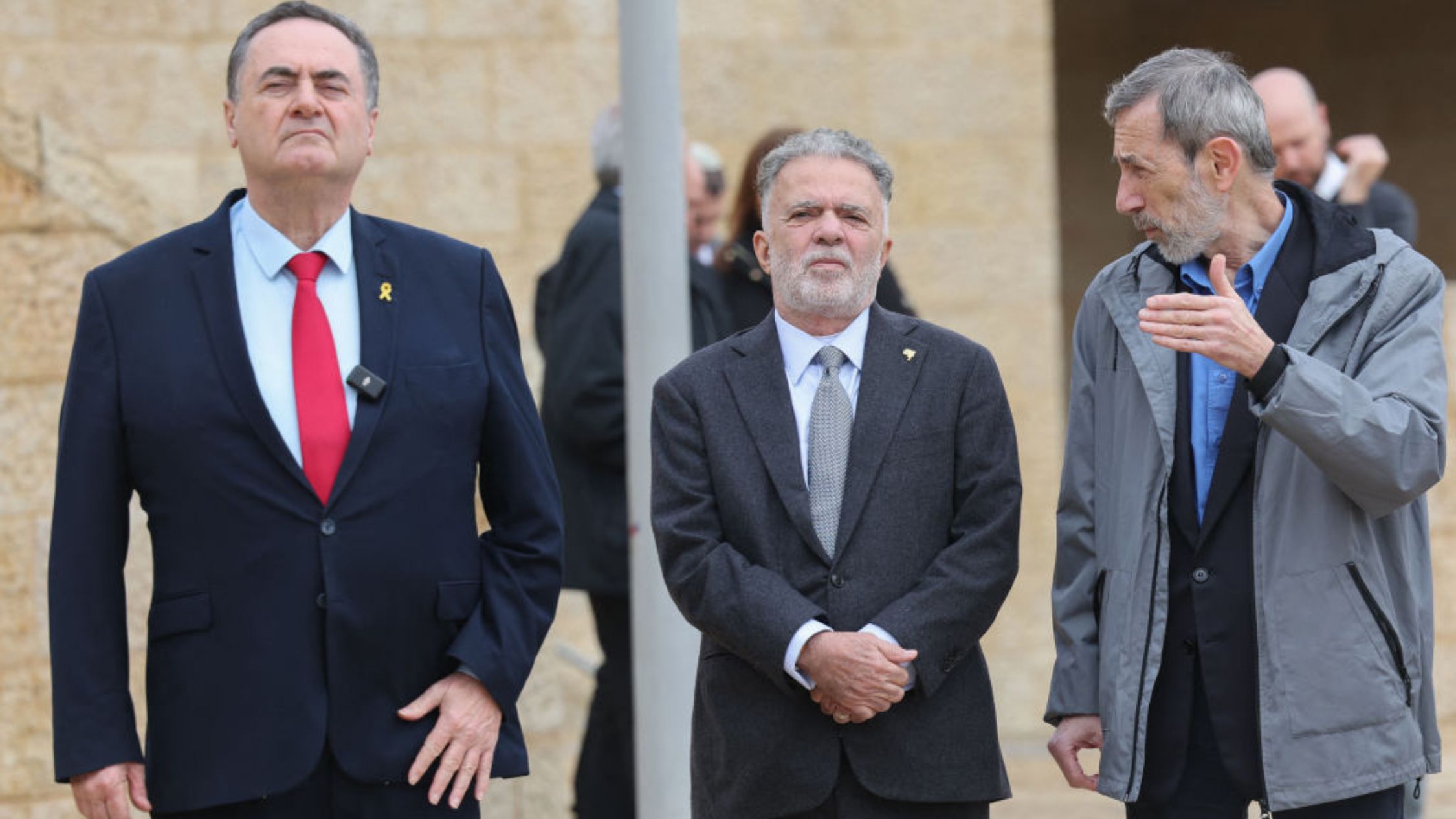Brazil has recalled its ambassador to Israel, Frederico Meyer, from the Tel Aviv embassy due to escalating tensions over the ongoing conflict in Gaza. The decision follows a series of strained interactions, including a controversial statement by Brazilian President Luiz Inácio Lula da Silva, comparing the Israeli operations in Gaza to the Holocaust. This prompted Israel to label President Lula as persona non grata, demanding an apology that was never issued.
The Israeli Ministry of Foreign Affairs has summoned the Brazilian ambassador for a meeting, although they have not received an official communication from Brazil regarding this affair. Previously, Meyer had been summoned by Israeli Foreign Minister Israel Katz after Lula's controversial remarks. Katz had asserted that Lula would not be welcome in Israel unless he retracted his statement.
Amidst these tensions, the warfare in Gaza continues, with Israeli tanks conducting operations around the city of Rafah. Despite an order from the International Court of Justice to halt their offensive, Israeli forces have advanced into strategic locations within the city. These aggressive moves are part of Israel's broader strategy to dismantle Hamas’ control over Gaza and prevent weapon smuggling via the buffer zone between Gaza and Egypt.
Palestinian health officials reported significant civilian casualties due to Israeli airstrikes and shelling. The Deputy Director of the Ambulance and Emergency Service in Rafah, Haitham Al-Hams, highlighted distress calls from residents targeted by drone attacks as they fled their homes. In response, Palestinian Health Minister Majed Abu Ramadan has called on the U.S. to pressure Israel to open the Rafah crossing for humanitarian aid.
Parallel to the militaristic maneuvers, Palestinian and Arab leaders are strategizing to involve Europe more actively in the quest for peace in Gaza. Palestinian Prime Minister Mohamed Mustafa has presented a comprehensive reform and reconstruction plan to European and Arab leaders, seeking to centralize governance under the Palestinian National Authority (ANP) and reunify the West Bank and Gaza.
The plan aims to restore governance, improve public services, and integrate Gaza back into the international community over the next decade. This proposal has garnered support from international donors and aims to counter Israel's plans to maintain a security buffer zone and perform intermittent raids into Gaza.
- The international community remains divided on the Gaza conflict, with some EU states backing Israel staunchly while others, like Spain and Ireland, vocalize their opposition to Israel's actions. The EU, as a major donor to the Palestinian cause, is positioned to play a significant role in Gaza's post-war reconstruction.
- Palestinian Prime Minister Mustafa, a seasoned economist with affiliations with both the Palestinian leadership and international financial institutions, is tasked with managing the challenging process of rebuilding Gaza. The ANP's governance credibility, however, is significantly tarnished by perceived inefficacy and corruption, factors Mustafa's administration aims to address through transparency and accountability reforms.






